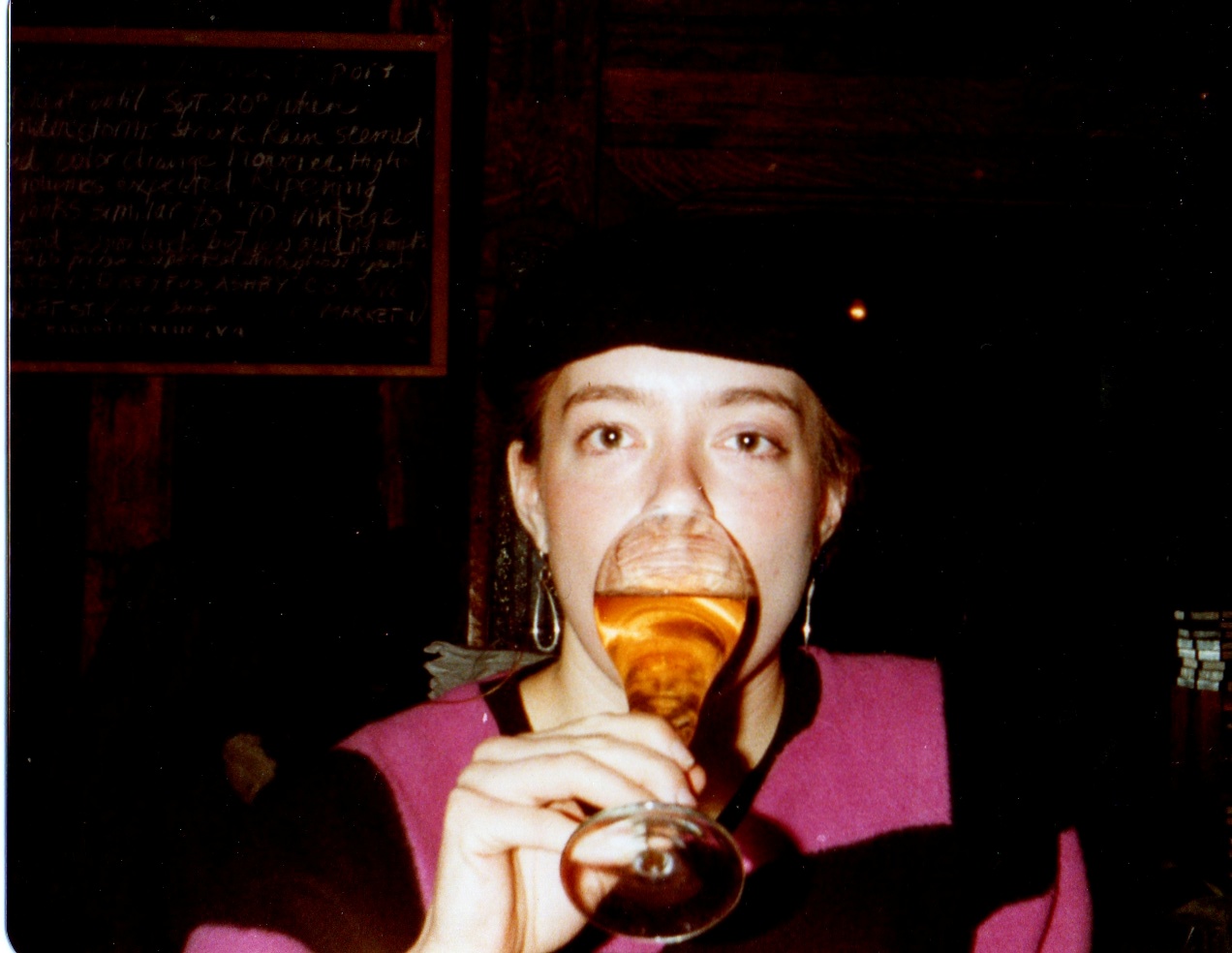In a recent email exchange with an old friend from grad school, 25-year-old Vanessa appeared, invited by his words. It was as if he added water to a freeze-dried me, and I reconstituted before my own eyes.
There she was, that other, prior me. A young woman who had done one thing consistently since she could hold a pencil: write.
That Me-Who-Wrote refused to be vanquished or even dimmed, no matter what. While working full time, putting myself through college, juggling night working with day studenting, and acing my classes, I wrote. Riding the roller coaster of teenaged misery and the even more distracting bumper-car ride of 20-something angst and ecstasy, I wrote. Living fully (like 24 hour a day LIVING LIFE), loving with an ease and joy that defined me, offering my heart to the wrong men and having it cast away—no matter what, the stories poured out. And then there was that eating disorder, an abortion, and my mother’s descent into psychosis. And still, I wrote, just about every day.
The thing is, I could not NOT write. I had plenty of options, and many choices to make… every day. Whether I sat down, pad in hand, or before my typewriter (yes… typewriter) was not a choice, any more than breathing or eating are choices.
But now that I think of it, eating was a choice. For almost three years in my twenties, I actually chose not to EAT. Why did I stop eating? There are answers to that, I believe. Explanations. I’m pretty sure I know what that was all about. But that episode in my life troubles me less than the much longer episode of abstinence that makes far less sense to me.
Why did I stop writing for 25 years?
75% of the work I’ve done over the last 15 years—in my shamanic journey, my spiritual questioning, my self-healing— has been focused on that singular question, which is like an ice pick in my heart. And I still don’t have good answers.
Yesterday, on the phone with my sister, I grieved freely for the first time. I cried and cried. It was a conscious grief. I let myself feel the loss fully. It felt like shit. But why had I repressed the emotion for so long? I had allowed the loss of a piece of myself to exist only in my mind, where I could manage it, look at it, “think about it.”
I have put words to this fact—that I was a writer who stopped writing—many times. Friends and family who knew me in the before time could never reconcile the non-writing me with the person they knew. I had handydandy answers ready. Answers about having a family, raising kids, that my (then) husband was the writer in the family now. Excuses about being a working mom, a teacher with hours spent reading the writing of 13-year-olds and helping them make it the best it could be. All the writing I did for other people, clients who needed my words and skills to say what they wanted to say. I enjoy that work, don’t get me wrong. But I have, for years and years, put all of myself into helping other people be writers, or giving other people the words they could not find on their own.
Writing did return to me for a while when I invited it in, about seven years ago when my marriage ended. It came easily for a time. I became prolific again, briefly.
I often wonder if one of the reasons that marriage had to end was that I realized I would never write from inside it. Not writing was a defining factor in how I saw myself in that relationship. As hard as it was for my husband to allow himself to grow as a partner within our couplehood, it was just as hard for me to return to the writer I had been. That is not on him. It is all on me.
But even though the words flooded back for a while, the act of ending a marriage is never going to be enough. There needs to be so much more.
For a short time, I was in a relationship with a man whose belief in me as a writer spurred me on. But there needs to be so much more.
I need to believe in myself as a writer. I need to accept the loss of 25 years and reclaim the part of me that I lost. The part that snapped off. The giant organic piece of my soul that just broke the fuck off and rolled down the cellar stairs.
When my friend John reminded me: “You were always a serious and optimistic writer,” my heart jumpstarted as if I’d said those words myself.
Yes, Self, you can be serious again. You can be optimistic again. That means… you write.
I started this blog in 2013 so I’d have a reason to use my voice again. It seemed an easy (er) way to find the flow of words that had once been a cascade. It has been fun. I am not sure if it paved the way as much as it filled the gap. I am grateful for it, but it is not enough.
What I need to do now: feel my grief. Let it move through me and pass away. Integrate the learning. Return to myself.
There is only one way to know if these lessons will take. If the writing starts again.
